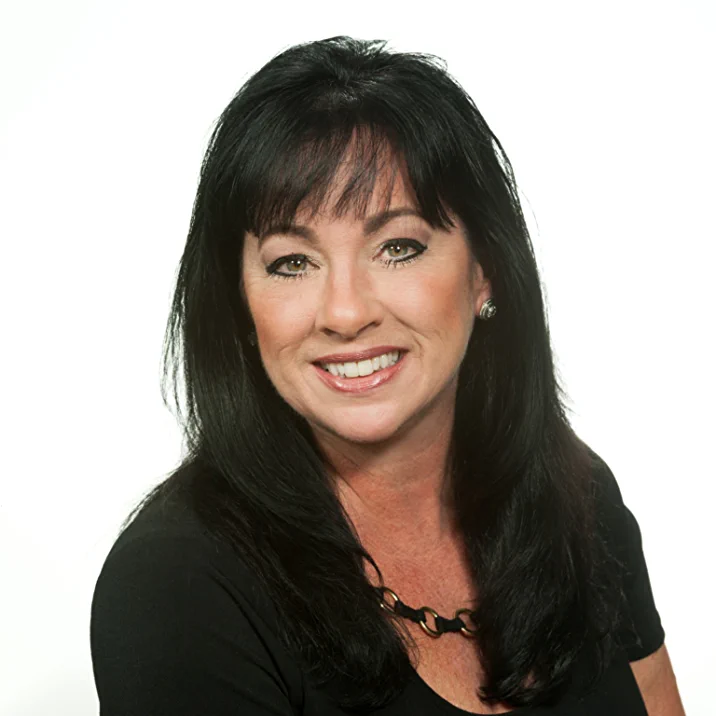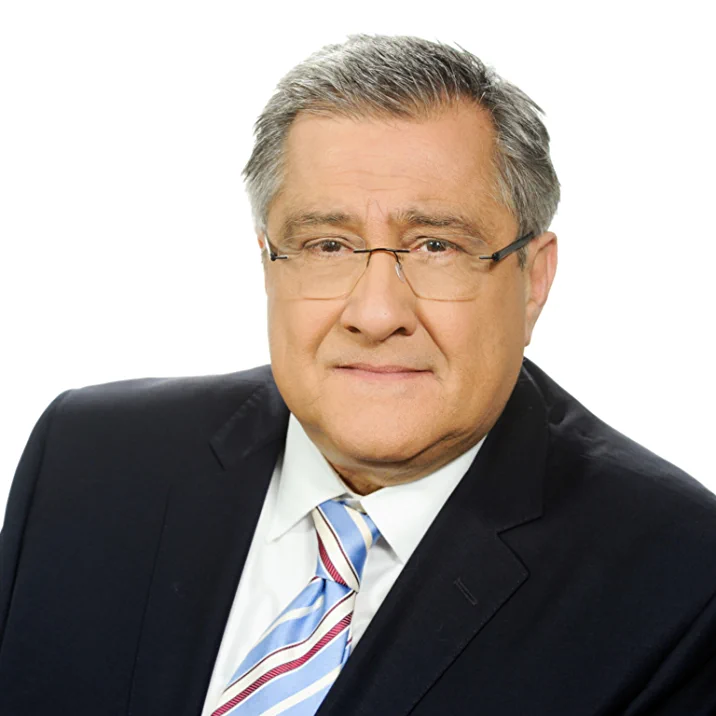
By Jay Masterson
The saying “all politics is local” has special relevance when it comes to K-12 education policy.
Communities care deeply about how their children are educated. Everyone wants great outcomes but there are always differences of opinion about how to get there. Yet too often decisions are made without input from the individuals best positioned to inform these choices – principals.
Principals are at the crossroads of policy and practice, making them the ideal advocates for strong schools and sound educational policy. Principals are responsible for ensuring that all local policies, state and federal laws are implemented to the fullest extent. Principals also work on behalf of many constituents including students and families, staff and district leadership, and school boards and departments of education. Most importantly, principals know the difference between policies that advance 21 st century learning that equips students with skills for today’s global economy and ones that date back to the 19th century factory model.
So, what is keeping principals’ voices from being heard in the public policy making process? In some cases, it may be principals themselves. Some may worry that elected officials could penalize them for sharing alternative views. Others may not realize that their ideas are needed and wanted for consideration. And most probably find it difficult to make the time necessary to engage in politics when they are responsible for running everything inside the building.
Despite the natural obstacles to participation, all principals should consider how they may engage in the political process and influence policy for their students and education as a whole. After all, who knows the rules of the game more than the principal? When change is necessary, principals have a responsibility to shape the discussion in a positive way and be a strong voice at the table at the local, state and federal level and within professional organizations.
I have learned that decision makers respect our opinions. We can advise them on the impact of their decisions and what implementation would look like. A simple phone call or email can start a conversation that leads to better educational policy and outcomes for the entire community.
How can you as a principal start to advocate for your school and educational policies?
What holds you back from engaging in politics?


